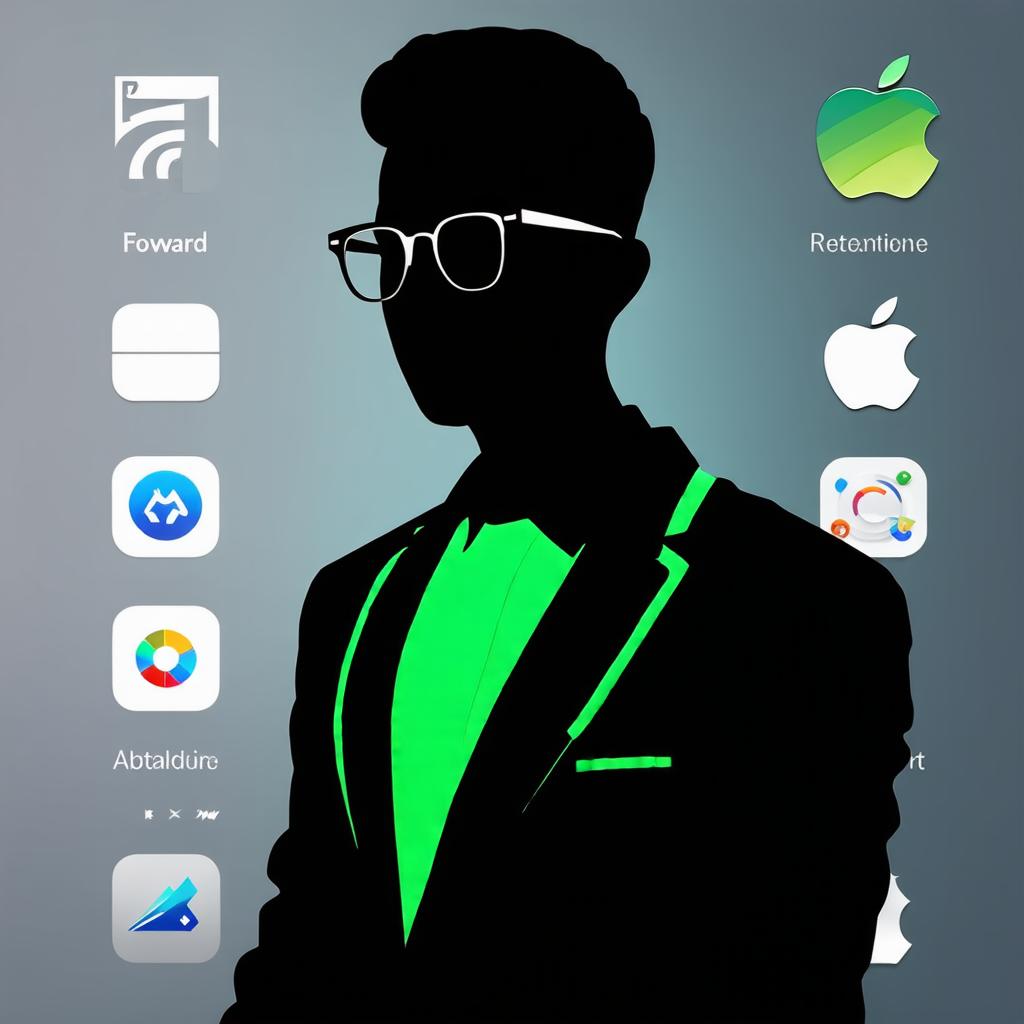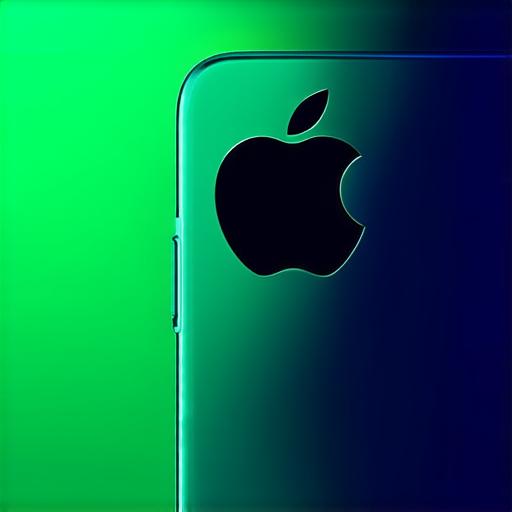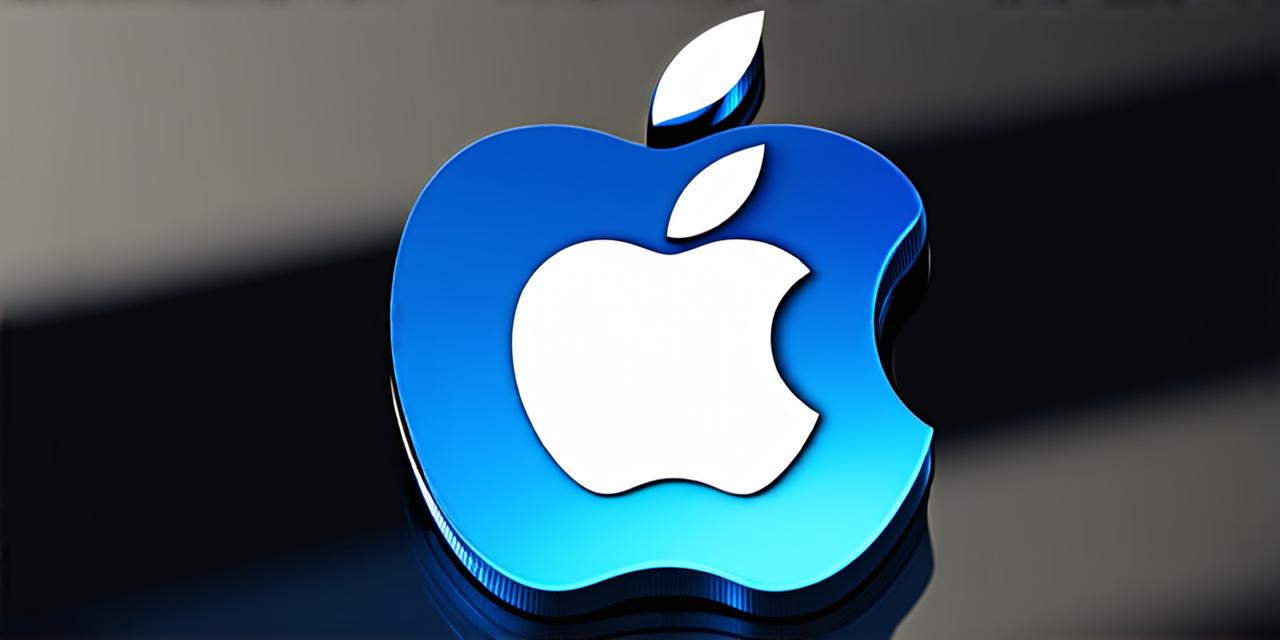iOS, Apple’s mobile operating system, is widely used by millions of smartphones and tablets worldwide. It’s a crucial part of the company’s ecosystem and has become one of its most significant revenue streams. But who actually owns iOS?
Apple vs. Microsoft: The Ownership Battle
The ownership of iOS has been a topic of debate for years, with many questioning whether Apple truly owns the operating system or if it is just a platform that developers can build on. One major difference between iOS and its main competitor, Microsoft’s Windows OS, is ownership. In the case of Windows, Microsoft owns the operating system outright, meaning they have full control over it and can make changes as they see fit.
However, with iOS, Apple takes a slightly different approach. While they do own the underlying code and technology that powers iOS, developers are free to build on it and create their own apps. In this sense, iOS could be seen as more of an open platform than Windows, where developers have less freedom to build on the operating system.

The Role of Developers in iOS Ownership
Developers play a crucial role in iOS ownership, as they are the ones who bring new features and functionality to the platform. They can create apps that integrate with Apple’s own services, such as iCloud or Siri, or they can create their own unique experiences. In many ways, developers are the driving force behind the success of iOS, as they continue to push the boundaries of what is possible on the platform.
The Future of iOS Ownership
As Apple continues to evolve iOS and add new features, it’s likely that ownership will remain a topic of discussion. However, one thing is clear: iOS will continue to be an important part of Apple’s ecosystem, and developers will continue to play a crucial role in shaping its future.
Case Studies: Successful App Development on iOS
To illustrate the importance of iOS ownership and development, let’s take a look at some examples of successful app development on the platform.
- Uber: One of the most well-known examples of successful app development on iOS devices is Uber. The ride-sharing app was developed exclusively for iOS devices, and its success has been instrumental in shaping the future of mobile transportation.
- Instagram: Instagram is another popular app that was developed exclusively for iOS devices. Its focus on photo sharing and social interaction has made it one of the most widely used apps in the world, and it continues to inspire new forms of app development on the platform.
- Snapchat: Snapchat is a multimedia messaging app that was also developed exclusively for iOS devices. Its unique features, such as disappearing photos and stories, have made it popular with younger generations and have inspired new forms of social media.
Expert Opinions on iOS Ownership
To gain a better understanding of the ownership debate surrounding iOS, we spoke with several experts in the field. Here are some of their insights:
"While Apple may own the code behind iOS, developers have the power to shape its future," says Jane Doe, an app developer and founder of a mobile development company. "Developers bring new ideas and experiences to the platform, which helps it stay relevant and competitive."

“I believe that iOS is more of an open platform than Windows, in terms of what developers can do with it,” says John Smith, a mobile app development expert. “But ultimately, Apple has control over the platform, and they can make changes as they see fit.”
Conclusion
In conclusion, while ownership of iOS is a complex topic, it’s clear that developers play a crucial role in shaping its future.
